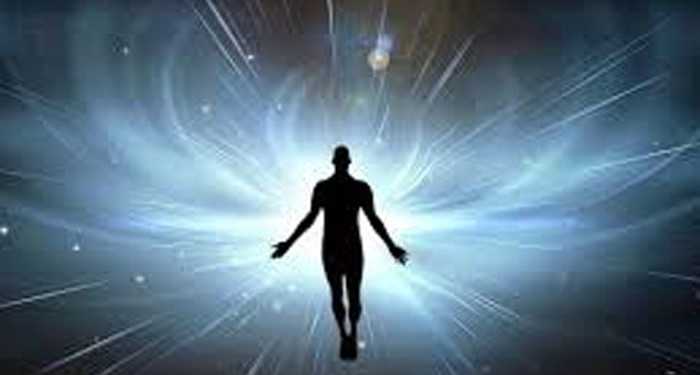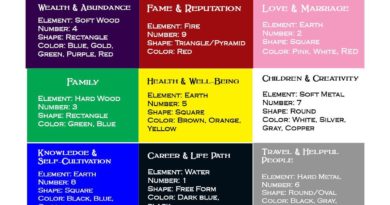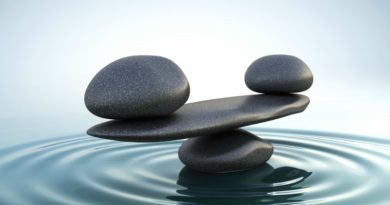FENG SHUI | CHI (ENERGY)
Feng Shui is all about energy, and the basic laws of energy are universal and work the same way, no matter where you are geographically located. For example, the law of gravity works the same in India as it does in England. You do not have to have Asian looking items in order to have good Feng Shui but you do have to have a good flow of energy – the energy that we are all connected to, through the sense of “knowing or gut feeling.”

As an Architect, I have explained what I understand about Chi or Energy, which we call Prana in India. The ways by which we can improve the quality of the Chi around us, under the following headings:
What is Chi in Feng Shui?
How is Chi manifested?
What is the importance of Chi in Feng Shui?
What is the quality of Chi that you want around you?
Define good Chi with examples?
Define bad Chi with examples?
How do you create good Chi around you?
How do you ensure good flow of chi in our house?
WHAT IS CHI IN FENG SHUI?
In Feng Shui, CHI, also known as ‘Ki, Qi, Life Force’ is the term for the universal energy or the energy that permeates everything around you. This applies to the energy inside your bodies, as well as to the energy inside and outside of buildings. ‘Chi’ is present in everything you do, see and that surrounds you – there is a ‘chi’ of time, of stars, of numbers, of colors, of seasons, of careers, of stillness etc.
HOW IS CHI (FENG SHUI ENERGY) MANIFESTED?
Chi, or feng shui energy, is manifested in “yin” and/or “yang” characteristics and in a variety of forms, shapes, colors, intensity, etc.’Chi’ can take the form of matter or energy or can be a combination of the two. Thus ‘chi’ can be visible, partially visible, invisible or partially invisible.
WHAT IS THE IMPORTANCE OF CHI IN FENG SHUI?
Everyone has ‘chi’ within them. The ‘chi’ within you has its own unique characteristics and moves in its own unique way. This ‘chi’ gives your body energy and is vital for maintaining physical, environmental and emotional balance. When ‘chi’ in your body in blocked or there is an imbalance of energy, then you may feel ill, depressed or have physical discomfort. When the ‘chi’ in your environment is out of balance, it will affect your life in different ways like, it may cause disturbance in your relationships or difficulties in business or cause general ill luck. Thus the main goal of Feng Shui is to channel or direct the Chi inside your home so that it nourishes and supports a good flow of Chi inside your body.
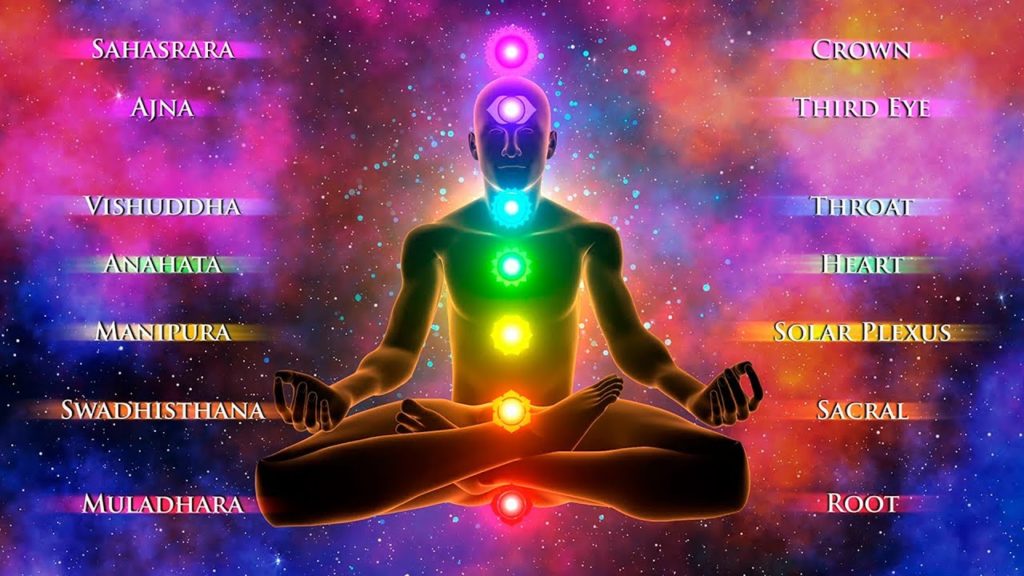
WHAT IS THE QUALITY OF CHI THAT YOU WANT AROUND YOU?
The quality of Chi you always want to have around you is the vibrant, alive, fresh Chi, also called Sheng Chi and the quality of Chi you would like to avoid is the sharp and attacking Feng Shui energy called Sha Chi or the low and depressing Feng Shui energy called Si Chi.
DEFINE GOOD CHI WITH EXAMPLES.
Good feng shui energy, or “Sheng Chi” meaning “moving upward” or “moving forward”, is the positive Feng Shui energy found in places that are bright, refreshing and uplifting, which is beneficial to your health and well-being. Good feng shui energy, or Sheng Chi is experienced:
- When you walk by the beach and your body feels uplifted by good feng shui energy (a high amount of negative ions beneficial to your health);
- In a lush forest (Japanese have the expression of “wood bathing”), as well as anywhere where nature is thriving;
- In a harmonious interior environment with high quality air and natural light.
The beneficial Feng Shui energy, or Sheng Chi, is the only quality of energy you want to surround yourself in your home or office. The opposite of Sheng Chi, or good Feng Shui energy, are the low feng shui energies – called Sha Chi and Si Chi.

DEFINE BAD CHI WITH EXAMPLES.
Both Sha Chi and Si Chi are expressions of bad Feng Shui energy.
“Sha Chi”, also known as “killing”, “sharp” or “attacking” energy is the harmful energy possessed when people are angry or when a place has a threatening feel to it. Sha Chi emanating from below the ground saps energy and a person may feel tired and apprehensive for no obvious reason. Sha Chi emanating from above the ground causes nervous complaints and illnesses and troubles in people’s personal marital/financial life. This bad feng shui energy can be created by:
- The sharp end of an outside structure (man-made or natural) that points to your main door or any of the windows.
- Sha Chi can also be created inside the building, when a sharp wall angle, called poison arrow, is pointing at your bed.
- The house at the end of a T-junction will tend to accumulate Sha Chi because of the strong and constant attacking energy flow to its main door.
- Being opposite a ruined building
- A noisy neighborhood such as a fire station, temple or a bar.
- Overhead cables or wires obstructing the view.
- Proximity to a graveyard

“Si Chi” is the opposite of Sheng Chi -and is the low, decaying energy, the energy that feels lifeless and dying. This bad feng shui energy can lead to illness and depression for those who are exposed to it for a long amount of time. Si Chi, or low Feng Shui energy, can be found:
- Outside in the land/site where the energy of human massacre or overwhelming human tragedies, is still potent.
- A location that is disorderly and decayed.
- Sick animals, exhausted soil and very poor vegetation has Si Chi.
- Inside buildings that have strong geopathic stress.
- Interiors with poor lighting, blank walls and clutter.
HOW DO YOU CREATE GOOD CHI (FENG SHUI ENERGY) AROUND YOU?
Everyone would have experienced, at one time or the other “bad vibes” or bad Feng Shui energy in a place. Do your best to avoid these places and be sure there are no such Feng Shui energies in your home. Strive to be surrounded by good Feng Shui energy in and around your home and office. In order to have the more beneficial Sheng Chi in your home, let in the fresh air and natural light regularly. Clear the clutter in your home, especially in your bedroom. Re-arrange the furniture in your living room, etc so that the energy flows into all parts of your of your home.
HOW DO YOU ENSURE GOOD FLOW OF CHI IN YOUR HOUSE?
It is important to get into the habit of checking the energy flow in your space whenever you are redecorating, renovating, or repositioning the existing furniture, so as to create a home with a smooth Chi flow. Identifying the Chi flow in your home is easy if you visualize Chi or Feng Shui energy flowing into your home as water. Would the water flow smoothly from the main door and nourish all areas of your home or will it get blocked and stagnant in many areas or rush right out of the back door?
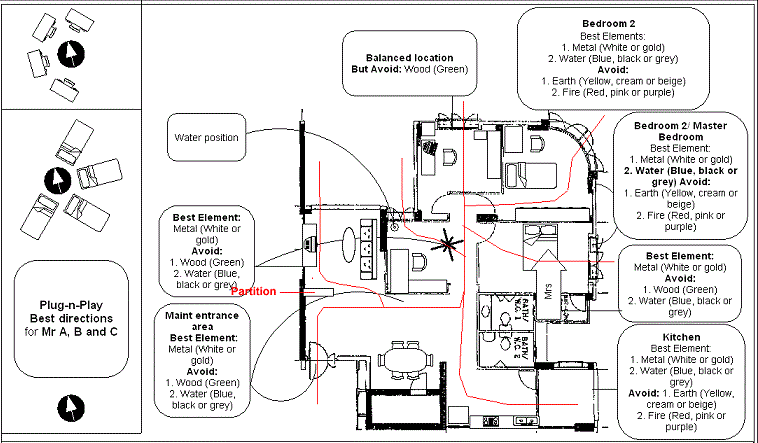
- Most common Feng Shui Chi blockages in a home are Chi blockages at the main door, such as when the main door opens onto a wall or in cluttered garages andclosets.
- A big mirror facing the main door pushes away all the good Chi, or energy, so your space gets no nourishment.
- Most common feng shui Chi leakage (loss of feng shui energy) occurs when there is a direct door alignment in a home, for example the main door in line with the back door or a direct alignment of a big window with a door.
After studying the possible reasons for Chi leakage or blockage, position your furniture in a way that allows for a smooth flow of energy to all areas of your home and avoid any blockages and stagnant areas that create bad Feng Shui.
In this post you have seen that Chi, or Feng Shui energy, is manifested in “yin” and/or “yang” characteristics. What is “Yin” and “Yang”? To know more about it, go to the post:
VASTU SHASTRA AND FENG SHUI SIMILARITY
Feng Shui is conceptually similar to its Indian counterpart “Vastu Shastra“ in that, they both try to harmonize the flow of life-energy (“Chi” in Feng Shui or “Prana” in Vastu) through the house. You can read more about the Vastu Shastra Factor, the Earth’s energy (Prana) here:
Related Topics:
- Feng Shui
- Feng Shui Principles
- Feng Shui Principles Applied To A Proposed Building
- Feng Shui Principles Applied To An Existing Building
If you found this post useful, all it takes is a simple click on the “pin it” “like,” “share,” “tweet,” or Google+ buttons below the post. Thank you!

